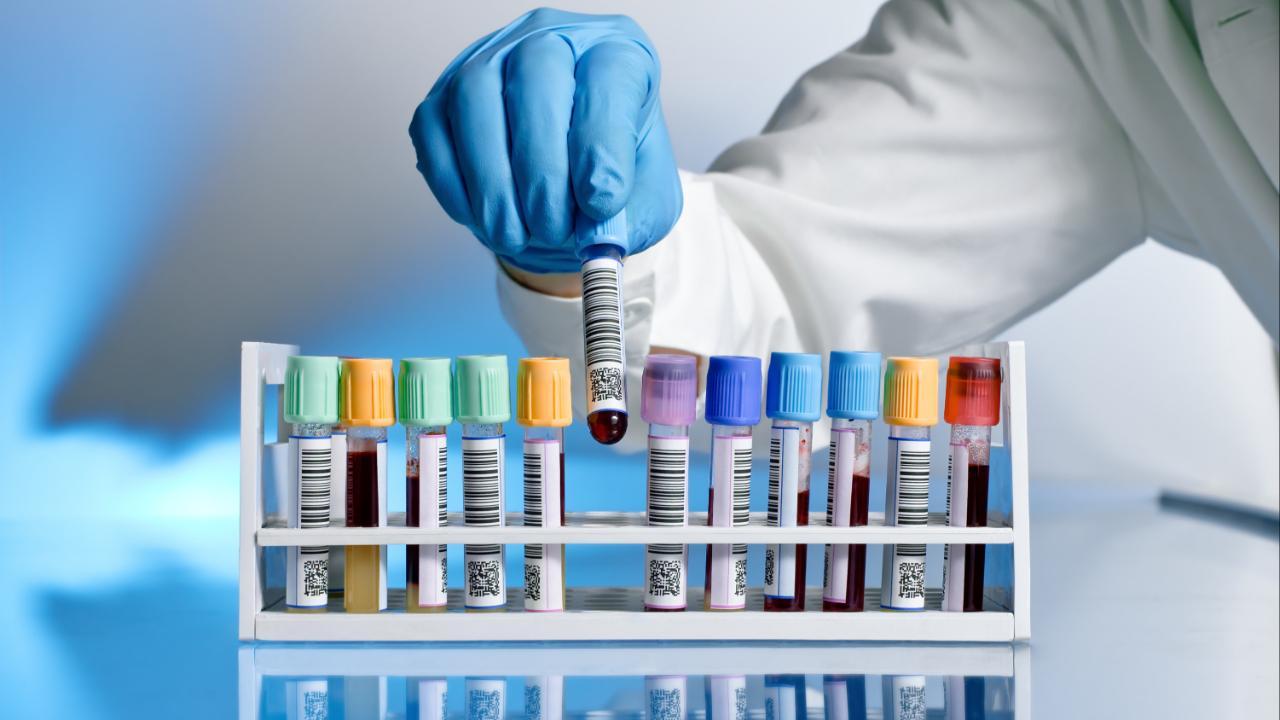
In a fast-paced world full of anxiety, stress and hardships, it’s no more wishful but a necessity to lead a healthy and happy life. To ensure overall well-being, Dr Sushrut Pownikar, head, quality assurance department and deputy director, Oncquest Laboratories Ltd. shares a myriad of tests and check-ups you must undergo regularly.
“People living in metro cities are more prone to certain diseases due to lifestyle and environmental factors” added Pownikar. The most common conditions affecting people in metro cities include viral outbreaks, influenza, STDS, and respiratory infections. Lifestyle diseases like cardiac ailments, obesity, and diabetes are on a rampant rise in urban landscapes.
Regular health check-up is one of the many essential steps to monitor one`s overall health and detect any potential health issues early. It is recommended to undergo a health check-up every six months to ensure good health.
Here are some necessary tests one must undergo to lead a healthy, and safe life:
Necessary Blood Tests
Blood tests are an essential diagnostic tool to detect various health conditions. It is recommended to regularly undergo:
1. Complete blood count (CBC) test,
2. Lipid profile, blood glucose test
3. Thyroid function test
4. Liver function test
These tests help detect any abnormalities in the blood, such as anaemia, high cholesterol levels, diabetes, and liver dysfunction.
Cancer detection at early stages
Cancer is one of the deadliest diseases; early detection is key to successful treatment. It is recommended to undergo cancer screening tests such as:
1. Mammography for breast cancer
2. Pap smear for cervical cancer
3. Colonoscopy for colon cancer
4. PSA tests for prostate cancer regularly
It is always important to consult your doctor for any further testing.
Check-ups to ensure a healthy heart
Heart disease is one of the leading causes of death worldwide, and taking care of one`s heart health is vital. It is recommended to regularly undergo cardiac check-ups including:
1. Electrocardiogram (ECG)
2. Echocardiogram
3. Stress test
4. Lipid profile to monitor heart health
These tests help detect abnormalities in heart function and can prevent the development of heart disease. There are various tests available for heart at-risk evaluation, these should be taken judiciously with your family doctor’s help.
Kidney and Liver Functioning
Regular kidney and liver function monitoring is crucial for maintaining overall health as these vital organs play a significant role in the body. Some of the tests that can be undertaken are:
1. Creatinine and blood urea nitrogen (BUN)
2. Assessing kidney function
3. Alanine transaminase (ALT)
4. Aspartate transaminase (AST)
5. Bilirubin
It is recommended to undergo these tests periodically to ensure the proper functioning of these organs. These tests help detect any abnormalities in kidney and liver function and can prevent the development of kidney and liver diseases.
Anaemia and Obesity
Anaemia and obesity are common health conditions affecting people worldwide. Anaemia is a condition in which the body doesn`t have many red blood cells or haemoglobin, while obesity is a condition in which the body accumulates excess fat. It is important to undergo tests such as haemoglobin levels and body mass index (BMI) to identify anaemic or obesity conditions and take necessary measures to manage them.
Oral Health Check-ups
Oral health is also an essential aspect of overall health, and it is recommended to undergo dental check-ups regularly to maintain good oral health. Dental check-ups may include a visual examination, X-rays, and cleaning to detect and prevent oral health problems such as cavities, gum disease, and oral cancer.
Mental Health Check-ups
Mental health is significant, just like physical health; it is advisable to undergo mental health check-ups or consultation to ensure a sound mind. Mental health check-ups may include psychological evaluations and counselling to detect and prevent mental health disorders such as anxiety, depression, and bipolar disorder.
Vaccinations
Vaccinations are an essential part of preventive healthcare. Vaccines protect us from several life-threatening diseases, such as measles, mumps, rubella, hepatitis, influenza, and more recently COVID-19. It is essential to get vaccinated as per the recommended schedule to protect against these diseases. Vaccines not only protect us from diseases but also help build herd immunity, reducing the overall spread of the disease in the community.
Also Read: Mumbai expert explains what is glaucoma and the need for regular eye checkups
Stay connected with us on social media platform for instant update click here to join our Twitter, & Facebook
We are now on Telegram. Click here to join our channel (@TechiUpdate) and stay updated with the latest Technology headlines.
For all the latest Health & Fitness News Click Here
